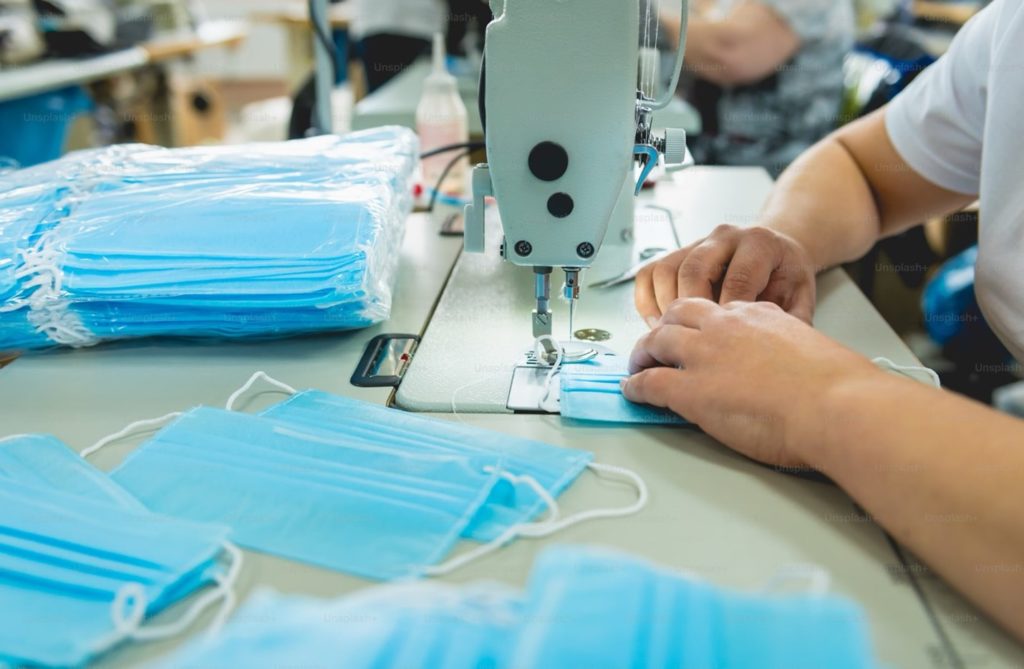
One notable business dilemma that firms faced during the early stages of COVID-19 was whether to pivot to produce personal protective equipment (PPE). In our recently published Journal of Management Studies article, we examine why the imprints of corporate leaders’ prior experiences are essential to understand their firm’s response. We show that if corporate leaders were early adults during an earlier pandemic (the 2003 SARS outbreak) and were in areas where local infections were higher, they developed a stronger and more lasting perception of the pandemic’s severity. As a result, their firms were quicker to take actions to increase PPE supply.
Better understanding of imprinting processes
It is widely accepted that CEOs’ earlier experiences have an enduring effect on the firms they lead. However, this long-lasting imprinting effect is mostly a black box. Research has not yet established why some CEOs who have undergone the same events during critical life periods have developed imprints with varying levels of strength.
To understand this variation, we examine how the role of information availability across various time periods affects the extent to which earlier experiences have a lasting effect. During the 2003 SARS outbreak, CEOs exposed to more positive media coverage about SARS developed a weaker pandemic imprint, resulting in decreased vigilance and so had a slower reaction to COVID-19. Additionally, during the recent pandemic, relatively more-positive media sentiment about COVID-19 might also lessen its perceived severity and diminish the effect of the prior imprint. Furthermore, online information flows concerning travelers from the pandemic epicenter heightened awareness of the novel coronavirus, reinforcing the pandemic imprint and so speeded up the shift to PPE production.
Implications
Our study has implications for both managers and policymakers. Managers need to consider their competitors’ information environments and past imprints when forecasting their strategies. Although individuals may have experienced the same key events during critical life periods, the information they accessed before, during, and after these events can differ greatly. Recognizing this potential variation in information received is crucial for informed decision-making.
For policymakers, our study emphasizes the lasting influence of government-controlled information, especially in authoritarian regimes. Prior research has been divided on whether effects of government propaganda and censoring will persist or backfire. Our research shows that governmental communications have long lasting effects on populations. This point is particularly pertinent given the recent global increase in authoritarianism, and the new challenges these regimes pose for Western policymakers.

0 Comments